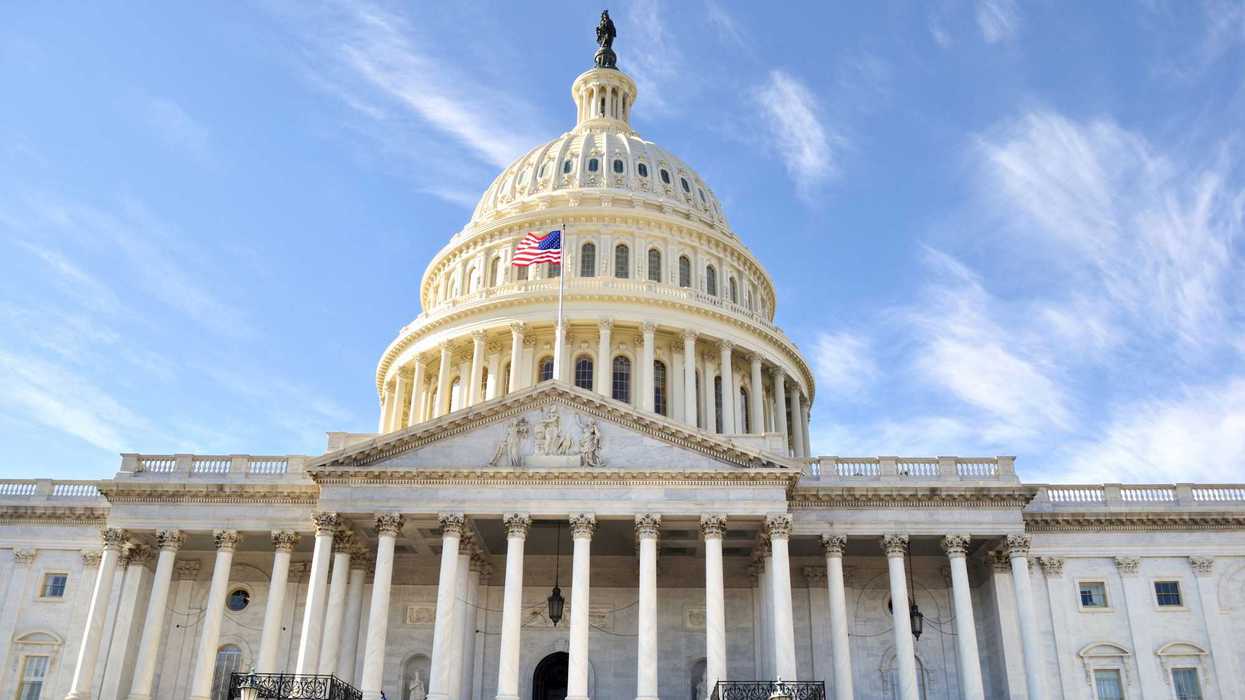A federal judge recently blocked plans to deploy the National Guard to Chicago. But the battle over militarizing American streets is far from over. On Monday, a federal appeals court lifted a temporary restraining order and ruled that the National Guard can be deployed to Portland, Oregon, amid ongoing protests at the Macadam ICE Facility.
Every time political leaders propose sending troops into cities or float invoking the Insurrection Act, they test a fragile boundary that keeps democracy in check.
This isn’t just a legal or political question. It’s a moral one. And it carries consequences that linger long after the last Humvee rolls out.
When National Guard members are ordered to confront civilians, the effects are profound. Not only for the communities they might be sent into, but for the service members themselves.
Over the past decade studying the mental health of service members and veterans, I’ve learned that the deepest wounds don’t always come from combat. One of the most profound — and most overlooked — is moral injury. This isn’t the result of trauma or fear. It’s the psychological harm that occurs when people are asked to act in ways that violate their own deeply held moral beliefs.
The National Guard occupies a unique and often misunderstood place in American life. These are citizen-soldiers who live, work, and raise families in the same cities they might be called to deploy in. They are electricians, EMTs, office managers, college students, and parents.
They enlisted to respond to crises such as natural disasters, humanitarian emergencies, and threats to national security. Not to stand in opposition to their neighbors.
Sending National Guard members into our own cities poses an ethical burden few are prepared for. When troops are asked to point weapons at fellow citizens, the sense of purpose can quickly unravel into guilt and shame.
This is the essence of moral injury. It often begins with a betrayal — not by enemies, but by leadership. It’s what service members feel when they’re given orders that violate the very principles they signed up to defend. Veterans and service members who experience moral injury describe it as a fracture: not of body, but of conscience. A sense that part of their ethical self has been broken.
And the harm doesn’t end when the mission does.
Moral injury has been linked to depression, anxiety, substance use, and even suicide. It erodes confidence in leadership, in institutions, and in one’s own judgment. It doesn't stay in uniform. It comes home, affecting families, workplaces, and entire communities.
This is why the Posse Comitatus Act, passed after Reconstruction, prohibits the use of federal troops for civilian law enforcement. It was designed to protect both the public and the military's integrity. The Insurrection Act, which grants limited authority to deploy troops domestically, was intended for rare, extreme threats to public order, not as a routine response to political dissent or unrest.
Threatening these powers undermines democracy and damages the military's moral foundation. It also burdens service members with responsibilities they were never trained — or ethically prepared — to shoulder.
There are better ways to protect our cities and our democracy.
American cities do not need armed interventions. They need investment: in schools, mental health care, jobs, housing, and violence prevention. Public safety is built on trust, not troops. On strong social structures, not the threat of military presence.
If political leaders continue to rely on military power to control civilians, the harm will stretch beyond the communities patrolled. It will reverberate through the ranks of those who serve, and into the foundation of the democracy they swore to defend.
Moral injury is not just a wound of the soldier. It is a wound of the nation — inflicted when political leaders turn the tools of defense against the people they were meant to serve.
How we choose to wield power today will determine the integrity of both our military and our democracy tomorrow.
Rachel Hoopsick, PhD, MS, MPH, MCHES is an Assistant Professor of Epidemiology and a Public Voices Fellow of The OpEd Project and the University of Illinois. She studies moral injury, mental health, and substance use among service members and veterans.





















 Mayor Ravi Bhalla. Photo courtesy of the City of Hoboken
Mayor Ravi Bhalla. Photo courtesy of the City of Hoboken Washington Street rain garden. Photo courtesy of the City of Hoboken
Washington Street rain garden. Photo courtesy of the City of Hoboken